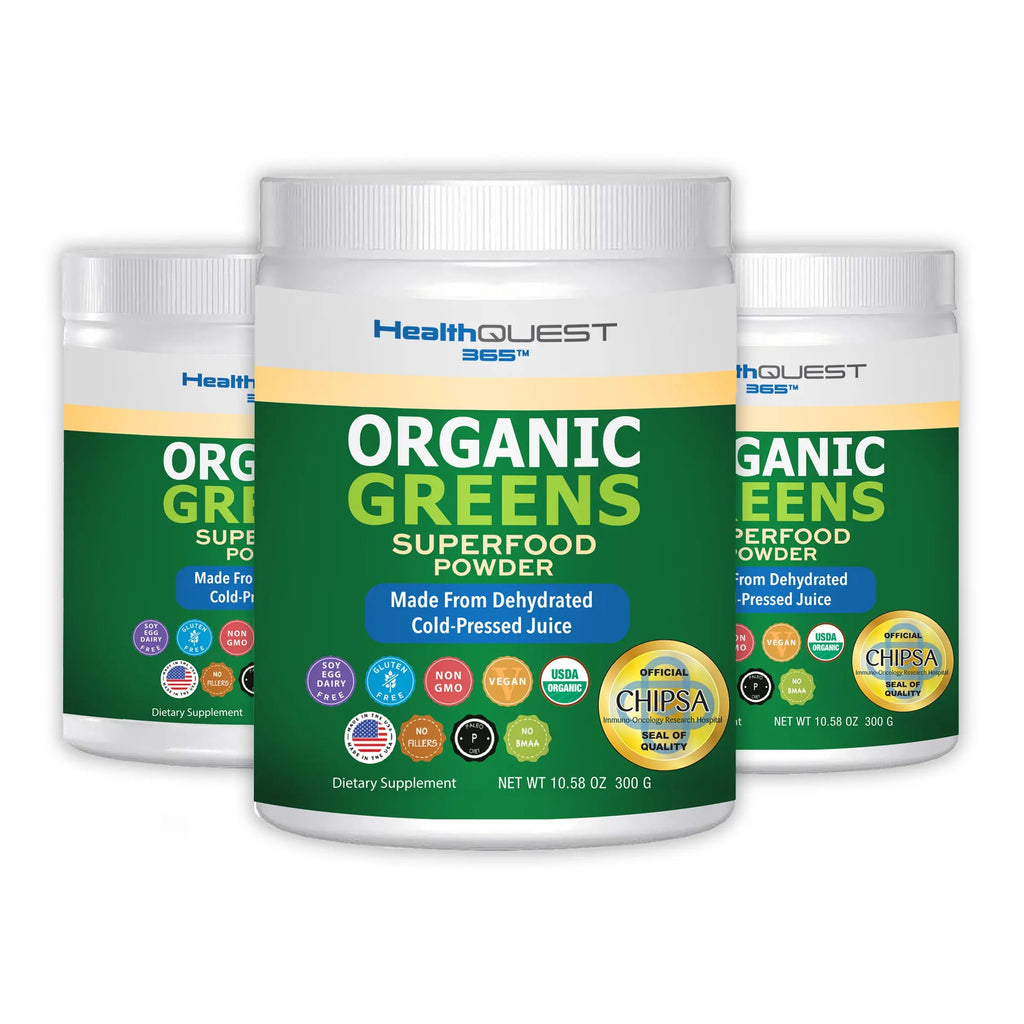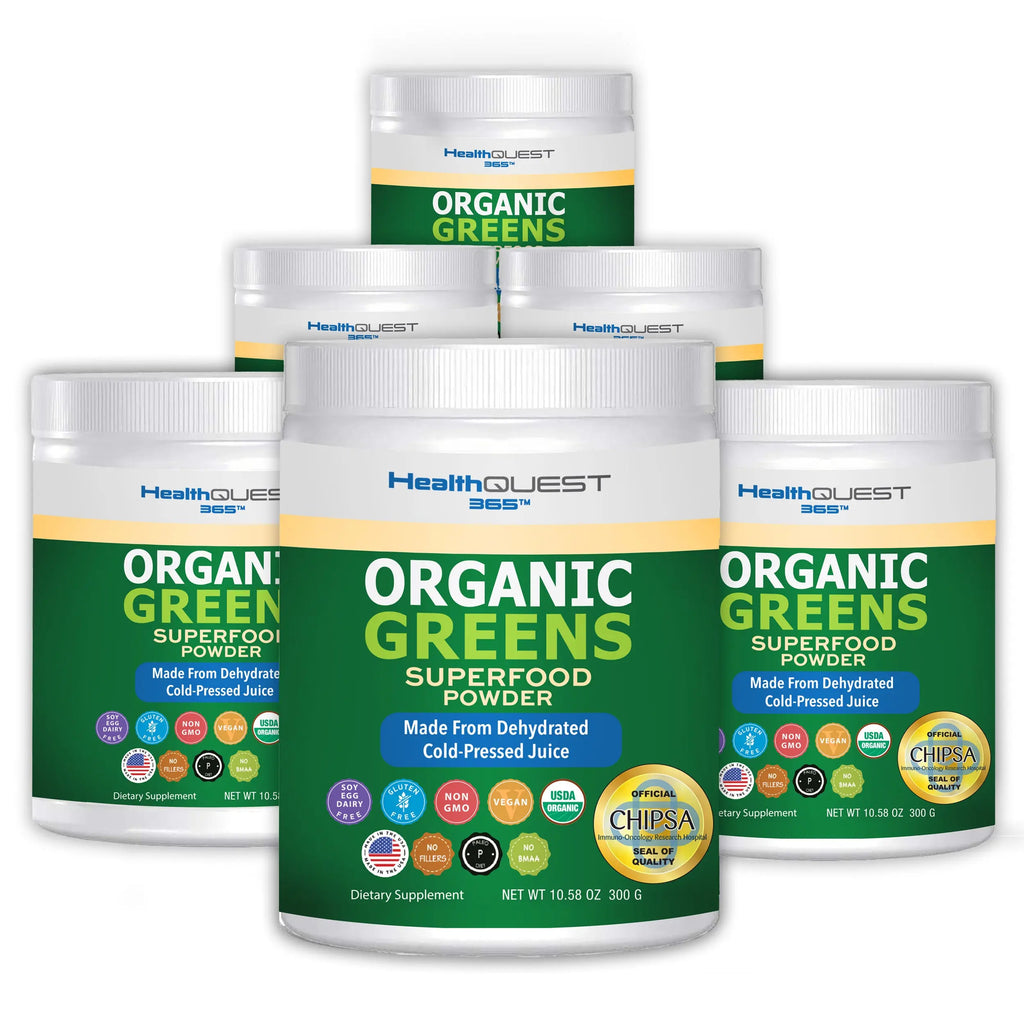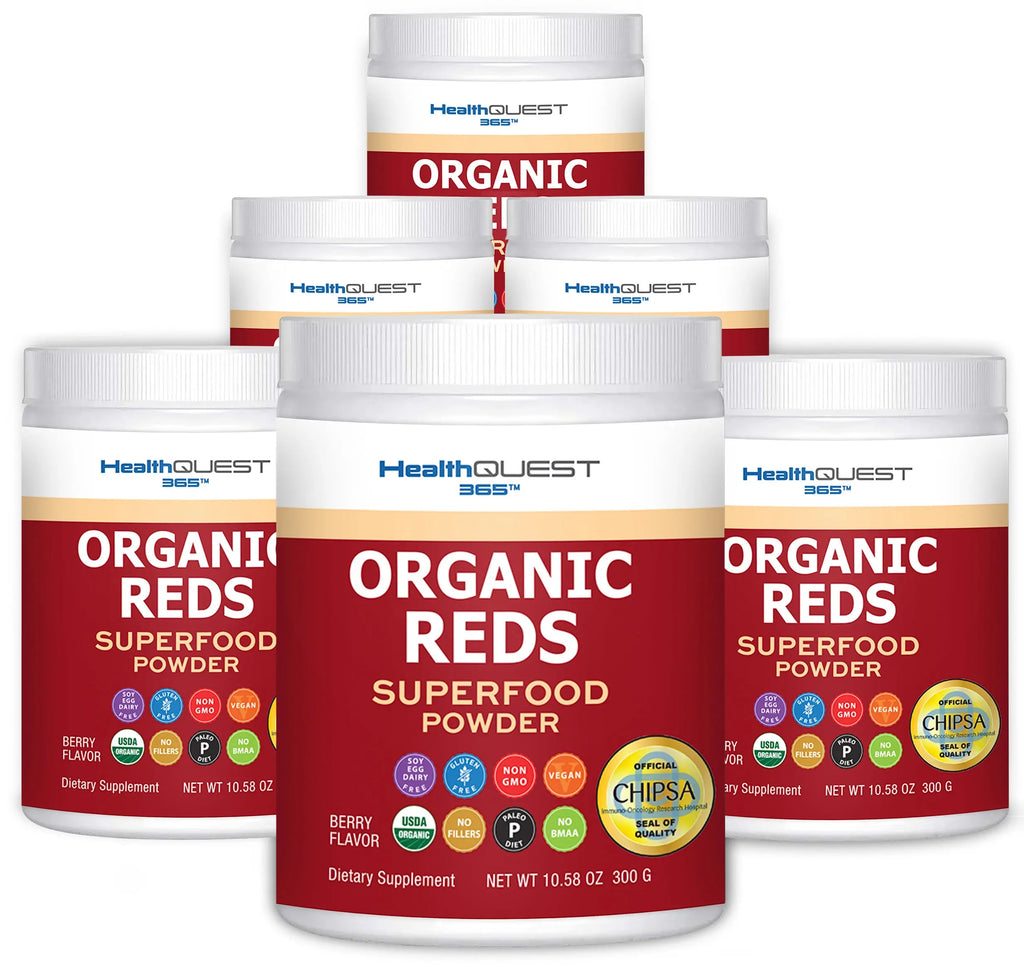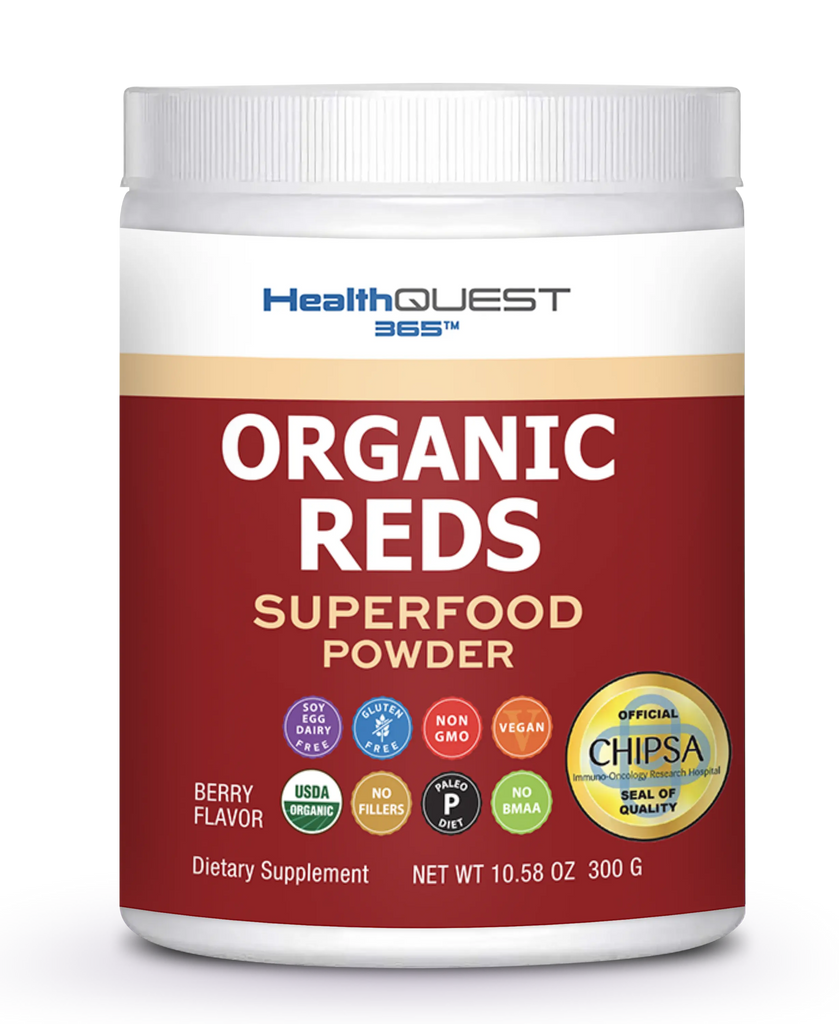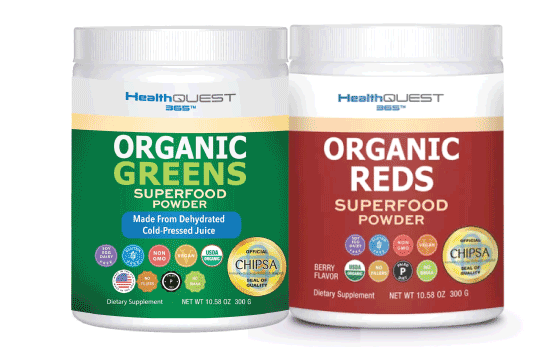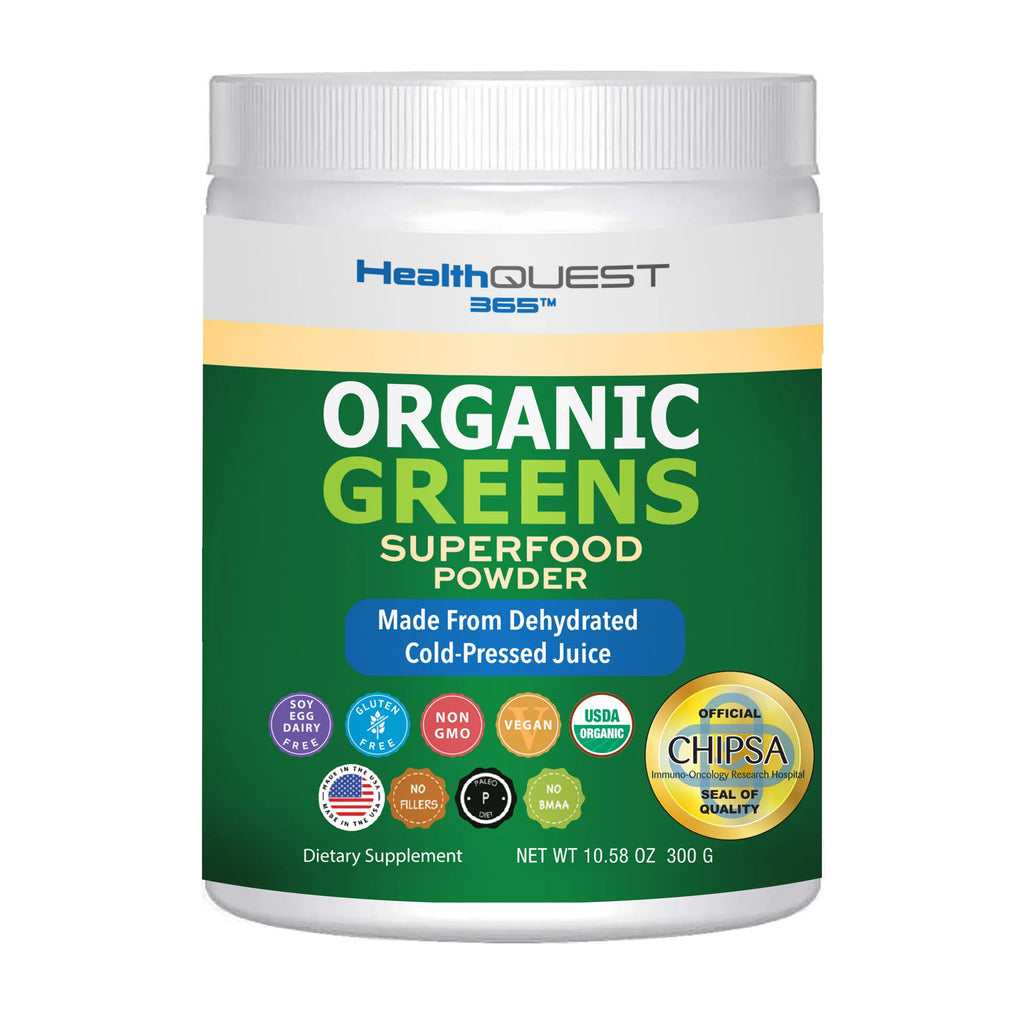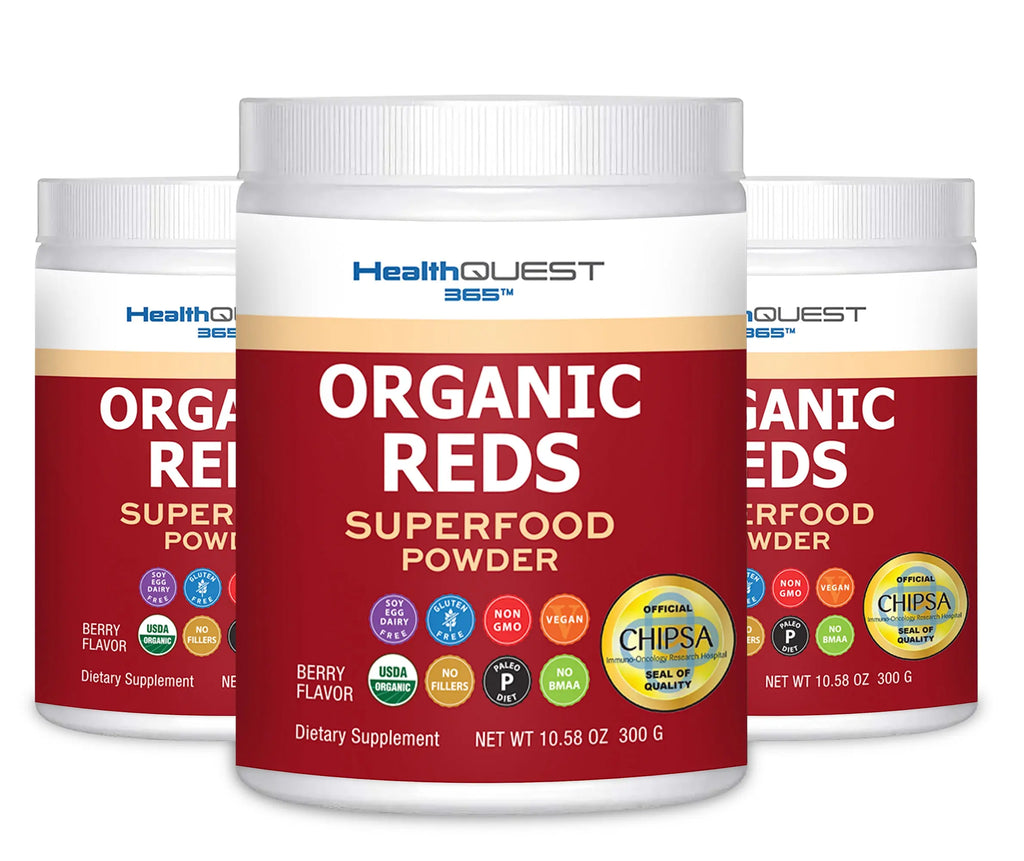It’s about health. It’s about healthy lifestyle. It’s about family™

Exploring The Sustainability Of The Organic Food Industry
In recent years, there has been a significant rise in the demand for organic food products. Consumers are becoming more conscious of their health and the environmental impact of their choices. This growing interest in organic products is a part of the broader trend toward sustainable consumption.
Let's dive into the topic and explore the sustainability of the organic food industry.

WHAT IS ORGANIC FOOD ?
Organic food refers to produce that is grown without the use of synthetic fertilizers, pesticides, genetically modified organisms (GMOs), or other artificial additives.
Organic farming practices prioritize soil health, biodiversity, and sustainable agricultural techniques.
THE BENEFITS OF ORGANIC FOOD
1. HEALTH BENEFITS
Many people choose organic food because it is perceived as healthier.
Organic produce is often richer in nutrients and free from harmful chemicals, providing consumers with peace of mind.
2. ENVIRONMENTAL SUSTAINABILITY
Organic farming methods promote soil conservation, reduce water pollution, and protect biodiversity.
By avoiding the use of synthetic chemicals, organic agriculture contributes to a healthier ecosystem.
3. SUPPORTING LOCAL FARMERS
Buying organic food supports local farmers who follow sustainable practices.
This helps create a more resilient and diverse agricultural system.

Give You ALL Our Best Workbooks
Get all the Best Workbooks + Action Guides from our expert
CHALLENGES IN THE ORGANIC FOOD INDUSTRY
1. COST
Organic food tends to be more expensive than conventionally grown alternatives. This higher cost reflects the additional labor and resources required for organic farming practices.
However, prices may decrease as demand continues to rise.
2. LIMITED AVAILABILITY
Currently, organic food products may not be as readily available as conventionally produced ones.
However, efforts are being made to increase organic farming and distribution networks to meet the growing demand.
3. MISLABELING AND GREENWASHING
With the increasing popularity of organic food, there have been cases of mislabeling and greenwashing, where products are marketed as organic when they do not meet the required standards.
It is important for consumers to look for reliable certifications to ensure the authenticity of organic products.


FREE "Mystery Gift"?
Let me stay in touch with you via email and as a thank you - get this FREE gift.. Something others paid over $1,000 for.
(True story)
THE FUTURE OF ORGANIC FOOD
The sustainability of the organic food industry is crucial for a healthier planet.
As consumer awareness and demand for organic products continue to rise, there is an opportunity for growth and innovation in the industry. Advancements in technology, such as vertical farming and regenerative agriculture practices, can further enhance the sustainability of organic food production.
By supporting organic farming practices, consumers can contribute to a more sustainable food system, promote environmental stewardship, and prioritize their health and well-being.
If you're looking for the best organic nutrition partners, Check out Health Quest 365's Organic Greens 365 and Organic Reds 365 today!
FREQUENTLY ASKED QUESTIONS
While research suggests that organic produce may have higher nutrient levels in some cases, the overall nutritional difference between organic and conventionally grown food is minimal.
Organic farming prohibits the use of synthetic pesticides. However, organic farmers may use naturally derived pesticides approved for organic farming.
Organic farming alone may not be able to feed the entire global population. When combined with sustainable agricultural practices and improved food distribution systems, organic farming can play a significant role.
No, there are different organic certifications worldwide. Look for reputable labels like USDA Organic (United States) or EU Organic (European Union) to ensure the product meets organic standards.
TRY AND GET MORE BENEFITS
... AND HE HATES VEGETABLES!
ORGANIC SUPER GREENS DRINK!
CHIPSA HOSPITAL CERTIFIED NUTRITION

CHIPSA Hospital, known as the original Gerson Hospital, was founded by Charlotte Gerson and Victor Ortuno in 1979.
CHIPSA is known as one of the leading integrative immuno-oncology treatment hospitals in the world.
CHIPSA Patients follow an Enhanced Gerson Protocol and drink 13 Cold Pressed Juices a day and 2oz of Organic Greens 365 daily.
*These statements have not been approved by the Food and Drug Administration. This product is not intended to diagnose, treat, cure, or prevent any disease.
The website's content and the product for sale is based upon the author's opinion and is provided solely on an "AS IS" and "AS AVAILABLE" basis. You should do your own research and confirm the information with other sources when searching for information regarding health issues and always review the information carefully with your professional health care provider before using any of the protocols presented on this website and/or in the product sold here.
Neither Health Quest 365 LLC. nor the author are engaged in rendering medical or similar professional services or advice via this website or in the product, and the information provided is not intended to replace medical advice offered by a physician or other licensed healthcare provider.

